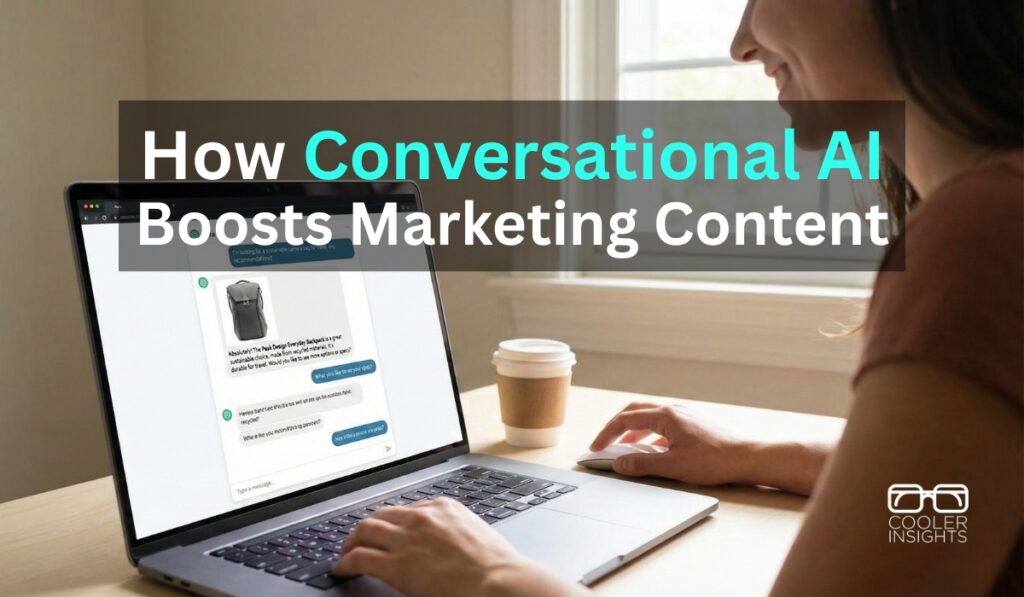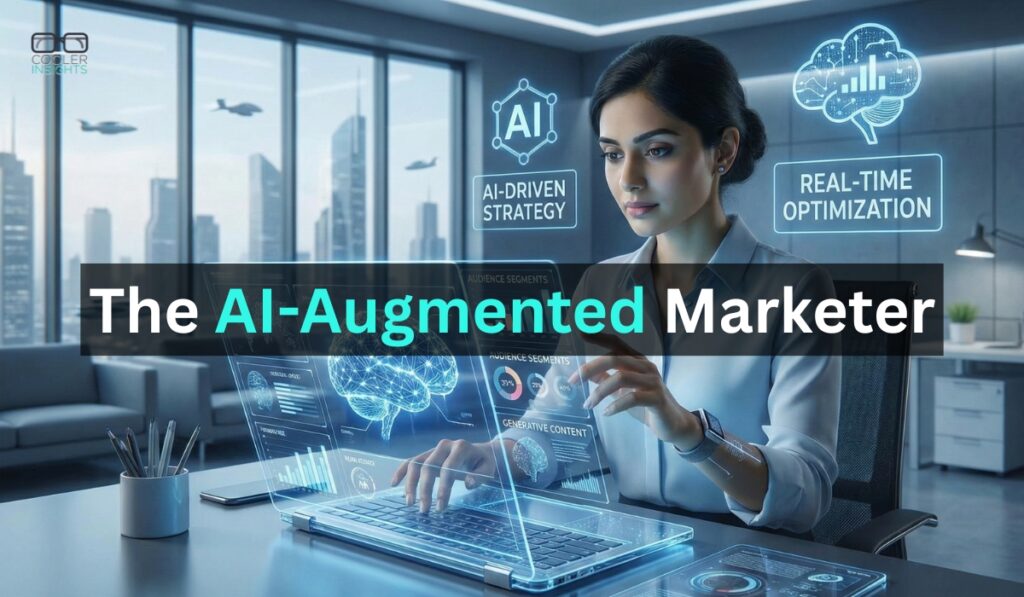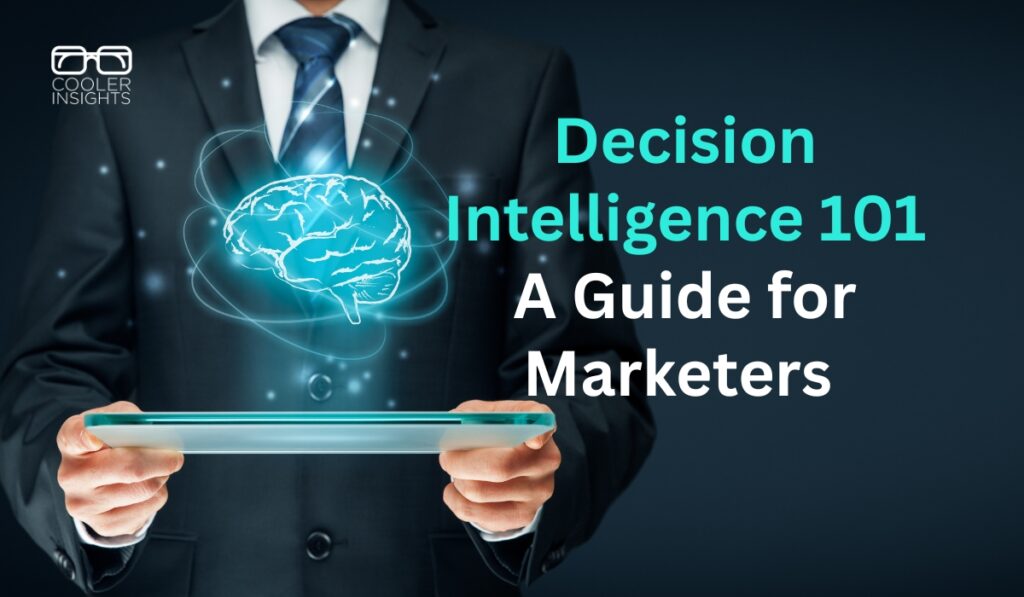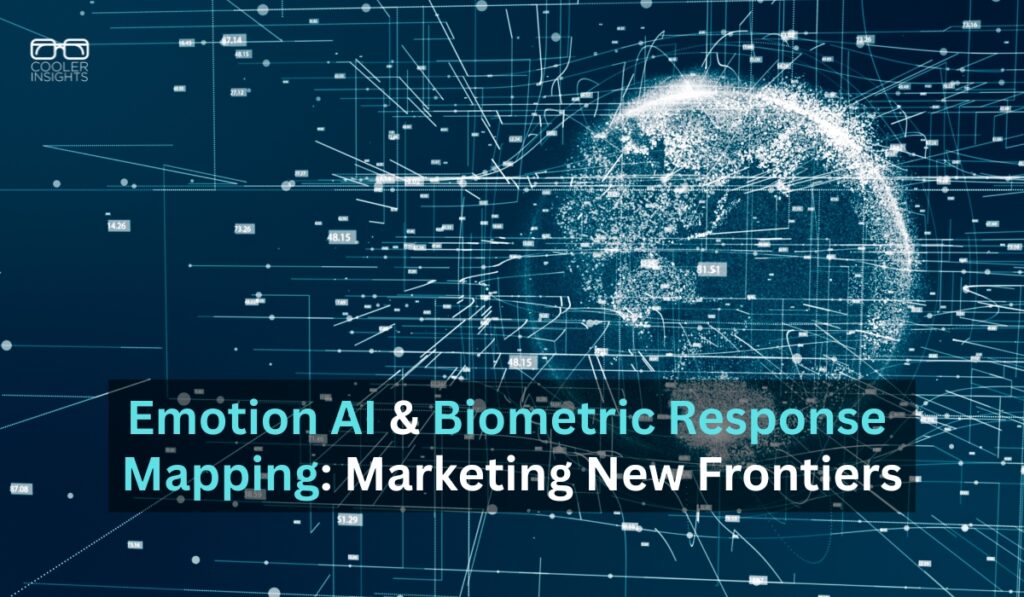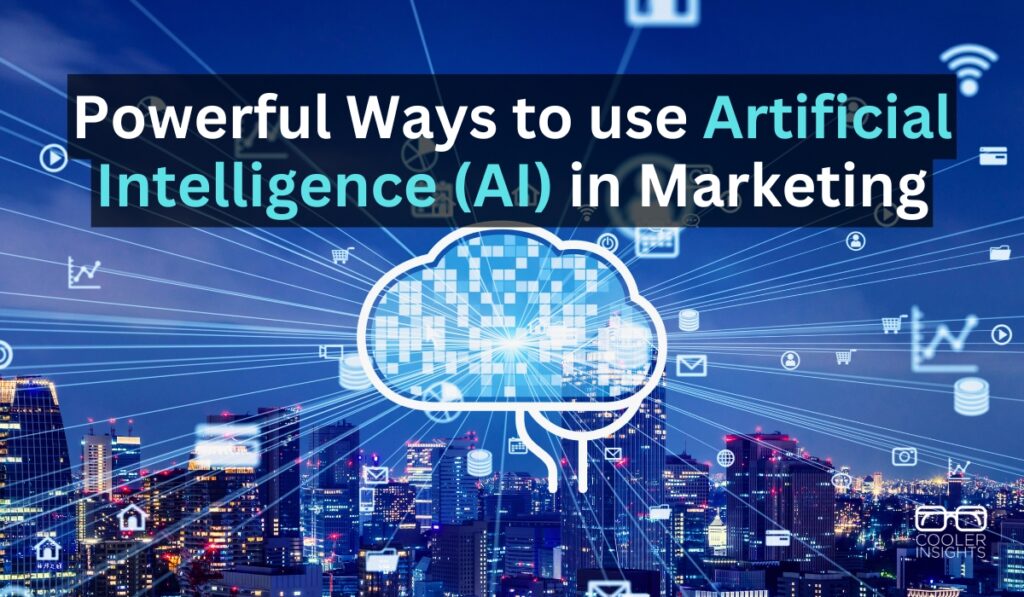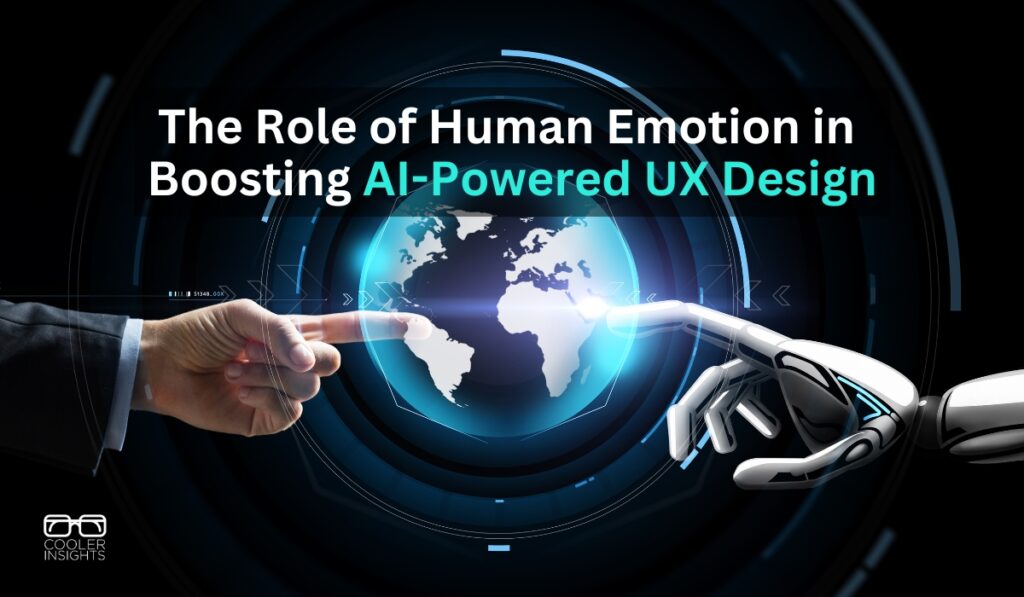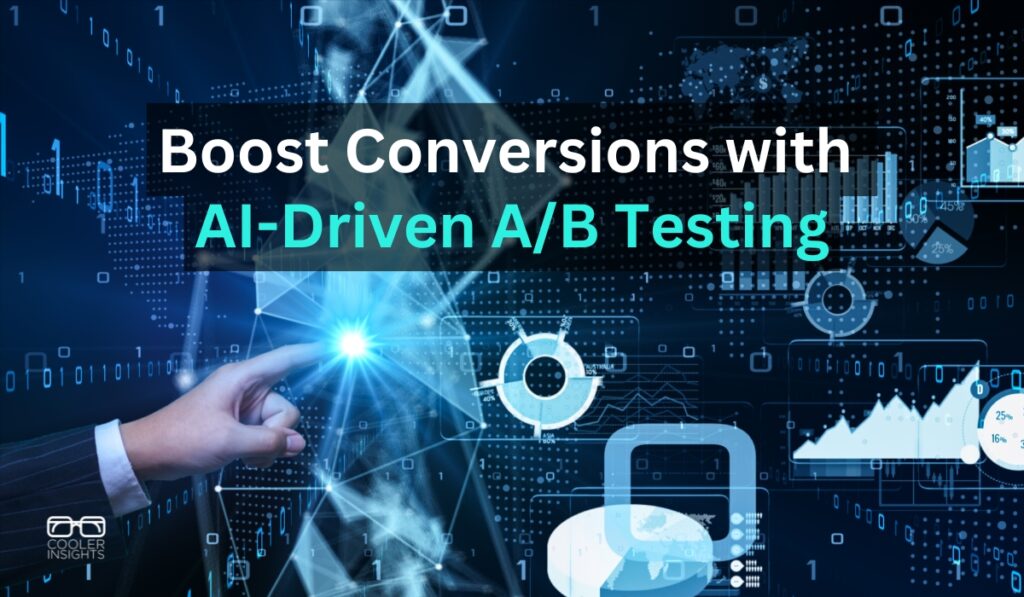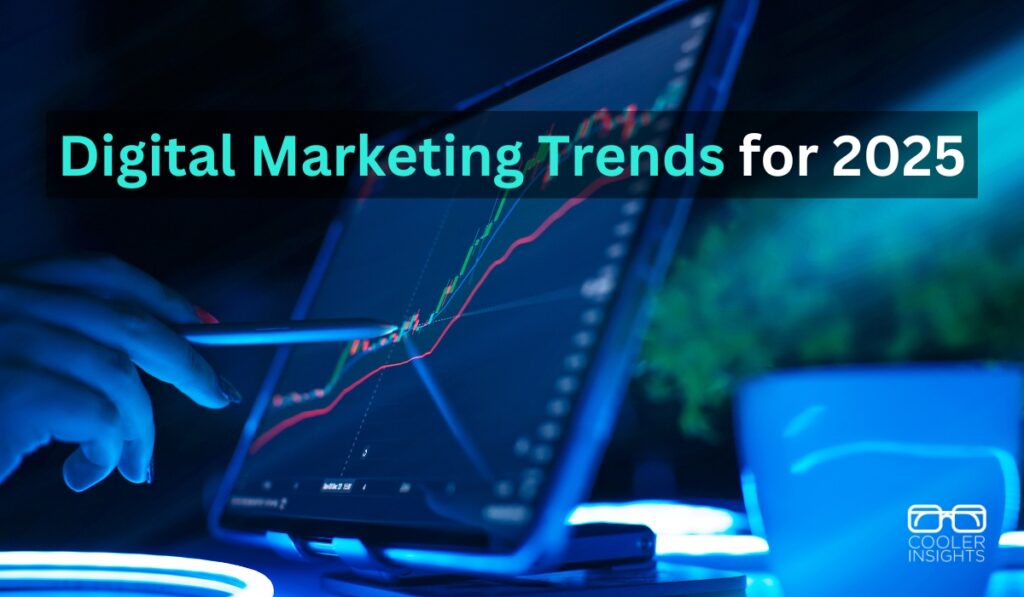
As we step into 2025, the digital marketing landscape continues to evolve at an unprecedented pace. Technologies like AI are reshaping strategies, while emerging challenges such as AI-generated scams and spambots demand urgent attention.
Sustainability, consumer privacy, and innovative e-commerce models will also play a pivotal role in shaping the industry.
Here’s a look at the key trends marketers need to watch in 2025.
AI Drives Marketing—But Comes with New Risks
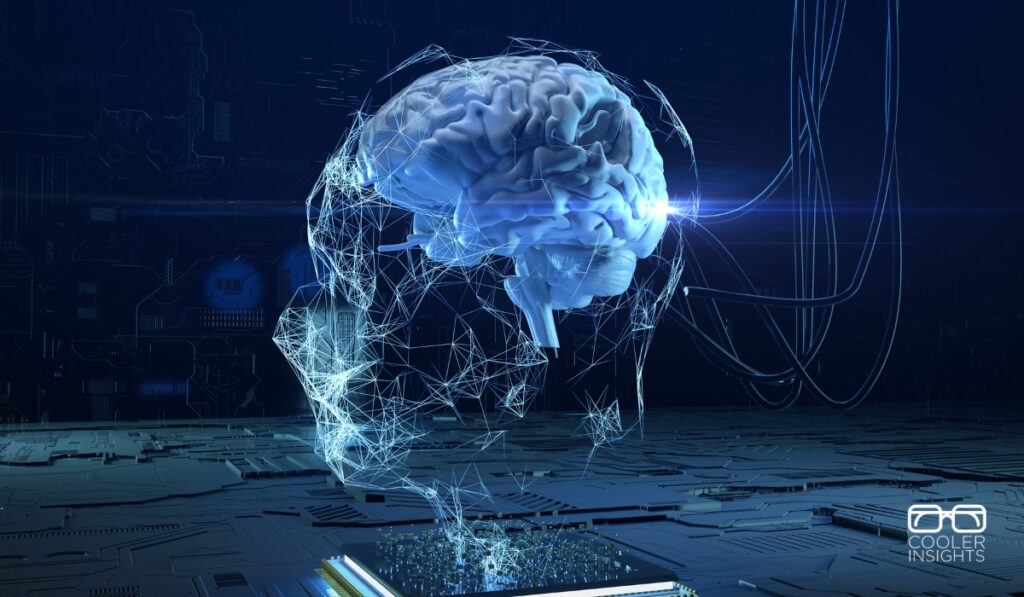
Artificial Intelligence (AI) is changing the way we do marketing. For some, AI-content tools help to generate campaigns that are faster, more precise, and tailored. Tools like ChatGPT and MidJourney make it easier to churn out social media posts, articles, ad copy, and visuals without having to craft each line individually. This has helped to improve the productivity of marketers everywhere.
But there’s a flip side. AI isn’t just in our hands—it’s in the hands of scammers too. Ever received an email that felt too real to be fake? That’s the power of AI-driven scams. These phishing attempts and spambots don’t just look convincing; they act like real people, tricking businesses and consumers alike. For us marketers, this means doubling down on cybersecurity and being crystal clear with our audiences about how we protect their data.
AI is a tool, a challenge, and an opportunity. How we use it—and protect against its misuse—will define our success in 2025.
And then there’s SEO (Search Engine Optimisation). Remember the days when you’d craft content hoping it lands on Google’s first page?
Now, tools like ChatGPT are giving users instant answers, cutting out the middleman. For us, this means writing content that’s not just good but speaks directly to the questions people are asking. Structure and clarity are the names of the game if we want to stay visible in this AI-driven search world.
Search Engine Optimisation (SEO) Strategies in 2025
With AI tools like ChatGPT and Gemini delivering direct answers, SEOs need to evolve their strategies to remain relevant. Here are some recommended strategies to stay relevant in the age of AI-fueled searches:
- Craft Visual and Video Content: With more users preferring visual content formats, this may be your trump card. Most AI-tools suck at doing these well.
- Focus on BOFU Content: Target transactional queries with product comparisons, case studies, and landing pages optimised for conversions.
- Create Local-Specific Content: Optimise for “near me” searches and hyper-local needs with tailored landing pages and geo-specific content.
- Tap Proprietary Data: Publish unique research, surveys, and original insights that AI cannot replicate. These may also be cited by AI tools looking for original research.
- Offer Interactive Tools: Build calculators, quizzes, and other interactive elements that provide value beyond static text. These are also highly linkable and considered useful by Google.
- Highlight Brand Authority: Develop detailed guides, expert interviews, and authoritative content to establish trust and credibility.
- Optimise for Real-Time Updates: Publish fresh, timely content on breaking news, trends, and updates to maintain relevance.
- Personalise Post-Click Experiences: Ensure landing pages and CTAs cater to individual needs, driving deeper engagement.
By focusing on areas AI cannot replicate, SEOs can maintain their competitive edge and continue to drive value for users in an increasingly AI-dominated landscape.
Social Media: TikTok Commerce and Beyond

In 2025, social media continues to be a dynamic landscape, presenting both opportunities and challenges for marketers. Platforms like TikTok have transformed into comprehensive ecosystems, seamlessly integrating entertainment with e-commerce. Live shopping events on TikTok have generated substantial sales, exemplifying the platform’s influence in merging content and commerce.
However, not all platforms are experiencing the same trajectory. Meta, the parent company of Facebook and Instagram, has faced criticism over recent algorithm changes. Users have expressed dissatisfaction, noting that their feeds are increasingly populated with content from accounts they don’t follow, leading to a less personalized experience. This shift has prompted some users to reconsider their engagement with these platforms.
Additionally, the rise of AI-generated content and bots is reshaping the social media environment. Platforms are leveraging AI to automate interactions, aiming to enhance user engagement. While this automation offers new avenues for content creation and interaction, it also raises concerns about the authenticity of online engagements.
In an age where users are inundated with content, standing out requires more than clever targeting. It demands authenticity, consistency, and genuine connection.
Brands that prioritize transparency and actively engage with their communities will cultivate loyalty that goes beyond a single platform’s quirks. Trust isn’t just a nice-to-have; it’s the bedrock of meaningful relationships in the fast changing social media landscape.
Changes to Privacy and Consumer Trust

Privacy remains at the core of digital marketing, with significant shifts forcing marketers to rethink how they collect and use data.
With tracking pixels becoming less reliable—due to browser restrictions like Apple’s Intelligent Tracking Prevention (ITP) and Google Chrome’s phasing out of third-party cookies—marketers are pivoting to first-party data strategies. For example, brands are now leveraging loyalty programmes, gated content, and direct opt-ins through website interactions to build richer datasets.
Starbucks, for instance, uses its app to track customer purchases directly, offering targeted rewards and promotions based on behaviour.
Transparency has become a necessity, not just an expectation. Brands are increasingly adopting clear privacy policies, consent banners, and communication campaigns to explain how customer data is used. Companies like Spotify and Netflix excel in this area, demonstrating that transparency doesn’t just meet legal requirements—it builds trust and loyalty by showing consumers the value of sharing their information.
At the same time, global privacy regulations are tightening. Enhanced GDPR standards and new data protection frameworks in countries like China and Singapore require businesses to adapt or risk penalties. Strategies like conducting regular data audits, ensuring compliance documentation, and providing staff with privacy training are becoming non-negotiable.
With the decline of tracking pixels, marketers are shifting towards owned channels. Building stronger email lists and Telegram Channels through sign-up incentives, creating subscription-based content models, and developing community platforms (like Discord or branded forums) are becoming effective ways to maintain consumer connections.
Double Down on Vertical and Live-Streaming Videos

Video continues to dominate digital marketing, with live-streaming taking centre stage as a dynamic tool for engagement and conversion. The shift towards real-time, interactive video experiences is reshaping how brands connect with audiences.
Shoppable Live Streams
Live-stream shopping has exploded, particularly on platforms like TikTok and Instagram. These sessions are no longer just about showcasing products—they’re immersive, real-time shopping experiences where viewers can engage directly with hosts, ask questions, and make purchases seamlessly.
For example, beauty brands like Sephora have used TikTok live streams to demonstrate products in action, driving impulse buys through limited-time offers and clickable links. This blend of entertainment and commerce is proving incredibly effective, with live-stream events generating millions in sales globally.
Interactive Video Ads
Interactive video ads are transforming passive viewing into active participation. These ads allow viewers to make real-time choices, such as selecting product features or storyline outcomes, creating a personalised experience.
Brands like Netflix have experimented with interactive formats to promote shows, while retail companies use similar strategies to highlight product ranges. The result? Higher engagement rates and deeper brand recall.
Vertical Video Dominance
With mobile consumption leading the charge, vertical videos are the format of choice across platforms like YouTube Shorts, Instagram Reels, and TikTok. These videos are designed for quick consumption, optimised for smartphone screens, and aligned with shorter attention spans.
According to data from HubSpot, vertical videos enjoy 58% higher engagement compared to horizontal formats. Brands like Nike have capitalised on this trend with short, punchy videos that grab attention instantly, showcasing products in creative, scroll-stopping ways.
Best Practices for Websites and Landing Pages in 2025

In 2025, websites and landing pages need to continually adapt to meet user expectations and deliver better results. Here’s how they’re changing:
Personalised Experiences
AI-driven tools can now tailor websites to individual visitors. Product recommendations, dynamic content, and behaviour-driven CTAs make every interaction feel more relevant. For example, e-commerce sites display items based on browsing history to increase conversions.
Even Faster Load Times
Speed is crucial. Sites that load in under 2 seconds see better engagement and rankings. Strategies like compressing images and using Content Delivery Networks (CDNs) ensure pages are quick and responsive.
More Interactive Features
Static designs are giving way to interactive tools like live chats, calculators, and quizzes. These keep visitors engaged and turn casual users into leads. SaaS brands often use ROI calculators to connect with decision-makers.
Mobile-First Focus
With most traffic coming from mobile devices, websites are designed to be simple, intuitive, and easy to navigate on smaller screens. Features like sticky CTAs and thumb-friendly layouts are now standard.
SEO and Accessibility
Structured data improves visibility in AI-powered searches. Accessibility features like alt text and keyboard navigation enhance usability for everyone, aligning with ethical practices and boosting search rankings.
By focusing on speed, relevance, and usability, websites and landing pages remain essential tools for businesses to connect with their audiences effectively.
Web and App Digital Design Trends in 2025

Web and app designs are becoming more than functional; in 2025, it’s a space for creativity, personalization, and seamless user experiences. These emerging trends have started to influence how websites look and feel, making them more engaging and relevant.
- Custom Illustrations: Generic stock images are being replaced by unique, brand-specific illustrations that stand out. These visuals create memorable impressions and help brands tell their stories in a distinct way.
- Dynamic Cursors: Interactive cursors that change based on user interactions are adding a fun, engaging layer to website navigation. They’re subtle but effective in keeping users interested.
- Parallax Scrolling: This popular design technique, where background content moves at a slower pace than the foreground, adds depth and makes scrolling feel like an immersive experience.
- Dark Mode Options: Dark mode is now a standard feature, offering users an aesthetically pleasing alternative that reduces eye strain and enhances visibility in low-light settings.
- Organic Shapes: Rigid grids are giving way to organic, asymmetrical designs. These flowing, natural layouts make websites feel more approachable and modern.
Ready for 2025’s Digital Marketing Challenges?
Digital marketing in 2025 promises to be as dynamic as ever. The rise of AI-driven risks, evolving consumer expectations, and the continued dominance of video and social commerce demand that marketers stay agile.
By balancing innovation with responsibility, brands can seize opportunities while mitigating emerging threats in this exciting new chapter.
What are you most excited about in the year ahead? I’d love to read your thoughts!
